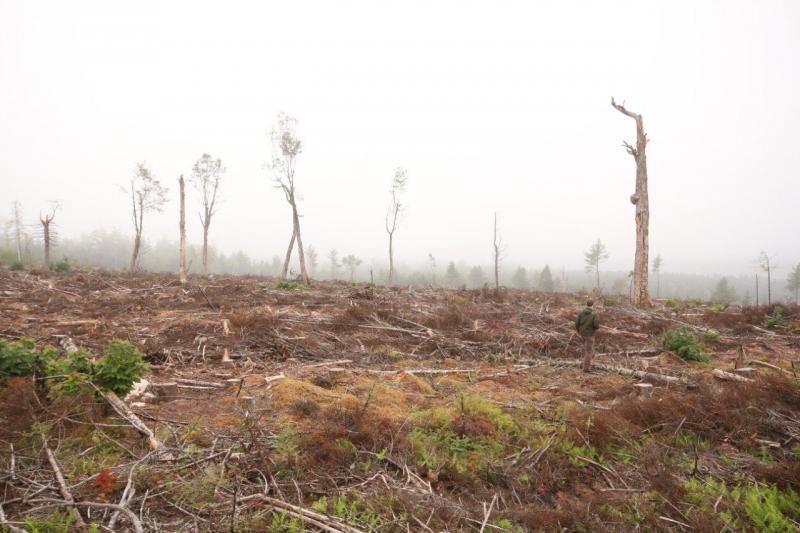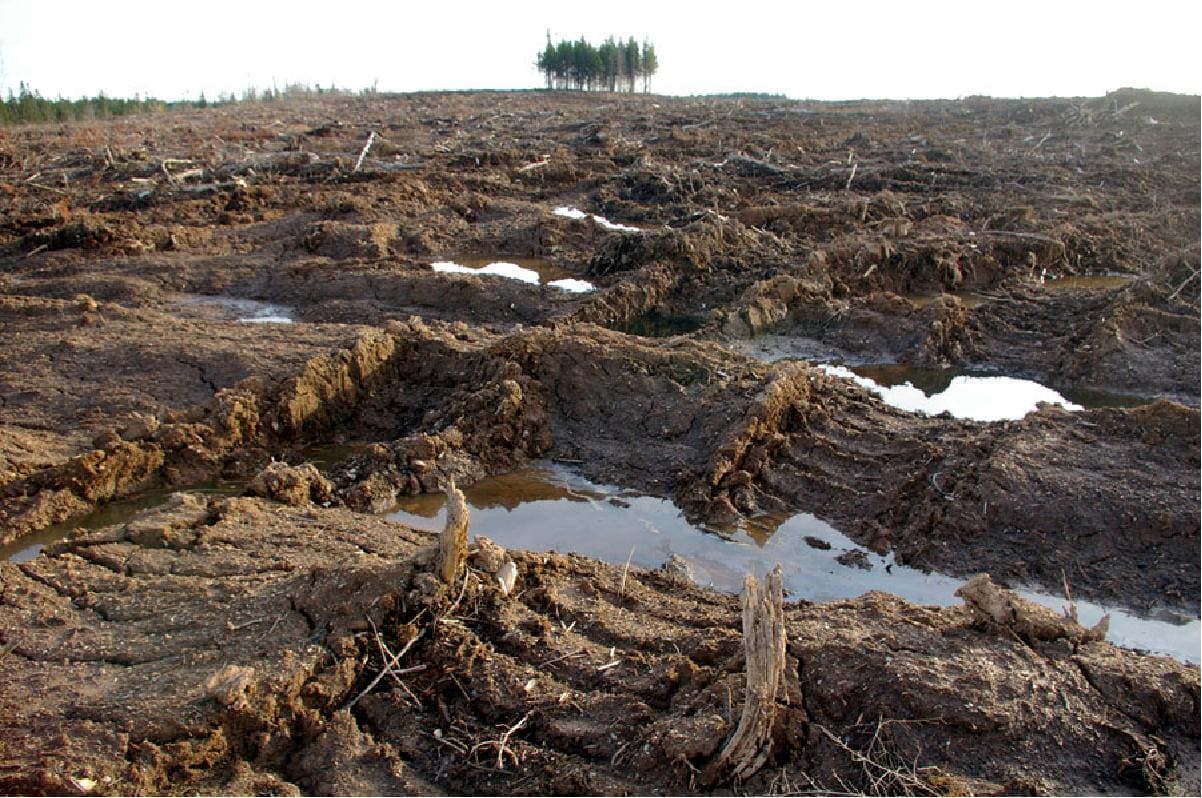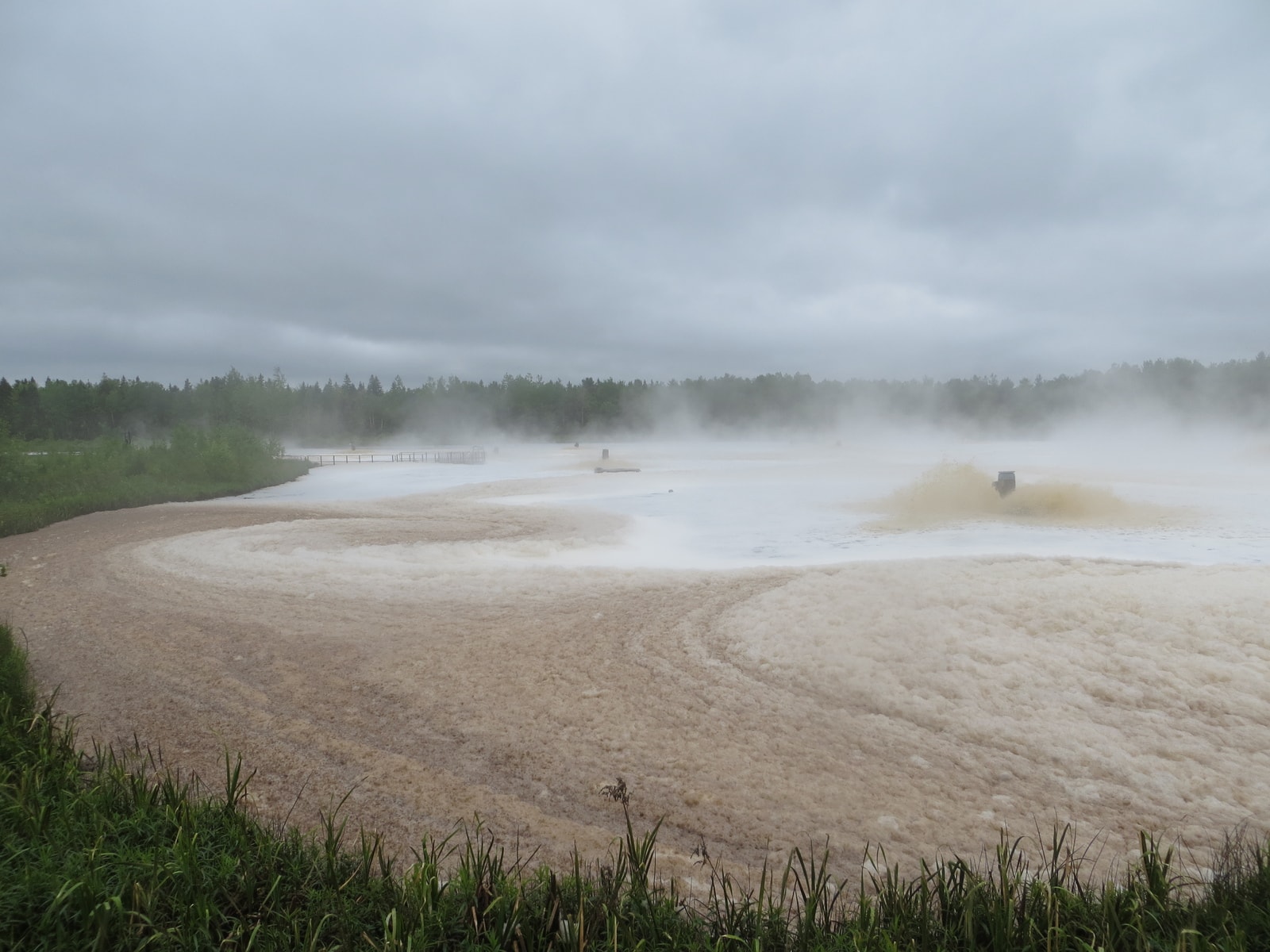
Death by a thousand cuts refers to the slow slicing of humans as a method of torture and capital punishment that was practised in mid- and late-imperial China. Tragically the world is engaged in a similar practice against Mother Earth.
The International Panel on Climate Change recently released its science-based findings regarding global warming and its immediate impacts for climate changes to the entire earth. When governments and industries ignore documented research about how human practices are negatively affecting our climates, they do so at the peril of all living things.
The enthusiastic exploration for and burning of fossil fuels, clearcutting forests, burning tires and forests as industrial fuels, fracking, using waterways as industrial and human waste disposals sites, killer storms, and massive forest fires; all are contributing their unique slices to Mother Earth and her life-sustaining environments.
It appears that the approach of governments is to support corporate Industrialization regardless of its ultimate financial costs, environmental-altering consequences, or life-changing effects on humans and other living things. I fully support employment opportunities but not at the expense of their environmentally-damaging consequences. Developing jobs in specific regions is the mantra of many politicians and bureaucrats but there is no guarantee that the employees engaged in those jobs will live within their work areas.
Nova Scotia is promoted world-wide as a tourism destination, a natural mecca for the many that appreciate what nature has to offer. As Darlene Grant Fiander, director of the Tourism Industry Association of Nova Scotia, stated in The Chronicle Herald (Sept 4), “Eco-tourism is Nova Scotia’s natural heritage. Tourism is a $2.7-billion industry in Nova Scotia, supporting 40,000 jobs and generating $300 million in tax revenue.” Why does it appear our government is determined to industrialize Nova Scotia bit by bit (or slice by slice)?

The Nova Scotia Department of the Environment has granted permits for a pesticide containing glyphosate to be sprayed in Richmond, Antigonish and Guysborough counties. Glyphosate has been ruled a probable cancer-causing agent by both the World Health Organization and the International Agency for Research on Cancer in 2015. It has been reported by some that glyphosate is safe for humans but what about its destructive effects on wildlife, water runoffs and microorganisms?

Pictou County’s Northern Pulp is seeking government permission to dump 70 – 90 million litres of treated effluent each day from its Abercrombie pulp mill into the Northumberland Strait which then will flow outward into the Gulf of St. Lawrence and all other connecting bodies of water. It is the firm belief of many that that poisonous effluent will negatively impact those waters’ inhabitants, human livelihoods and the natural beauty of that region’s entire coastline.
It is my belief that many politicians and bureaucrats are being seduced by the lore of short-term industrial benefits and are not considering the long-term life-altering consequences resulting from what they promote. I believe that many of those promoters are been wooed by industries when they should be standing firm for the long-term, healthy and sustainable benefits to their respective communities. Public-regional-community-feedback- information meetings and not industries wooing the politicians and bureaucrats at company- sponsored get-togethers are the markings of a truthful democracy.

The French River Watershed Protection Advisory Committee’s has concerns with possible gold exploration and mining in the watershed on the Cobequid Highlands. The proposed open pit Cochrane Hill Gold Project is causing major concerns within the Municipality of the District of St. Mary’s. The pit’s truck traffic will require a 2.9 km section of Highway 7 to be relocated and possibly endanger the fish life within the St. Mary’s River.
Jobs and non-destructive developments are vital for a healthy society. A friend recently expressed to me that, in addition to a free press, we must have “grass-roots listening, community engagement, and transparency in government, environmentally friendly and sustainable practices.” Politicians should not be afraid to host regular, well-advertised “town-hall” meetings throughout their constituency via which they will enable constituents to share concerns, ask questions, and hear explanations.
Nova Scotians must project into the future and realize the consequences resulting from the industrial actions of the multinational corporations who appear to be salivating over what Nova Scotia’s governments might be willing to offer. Nova Scotia must not permit itself to be treated as a colony thereby permitting it to be violated and its way of life negatively altered or possibly destroyed.
The earth has finite natural resources with limitations to what it can endure. It is for the survival of humans, wildlife, living objects and micro-organizations that we must work with the environment and not against it. Eventually we will be dead and the environmental-impacting decisions made now will continue to impact those not yet born. As stated in a Methodist principle: “The ultimate test of a moral society is the kind of world that it leaves to its children.”
Ray Bates is a resident of Guysborough.
If you can, please support the Nova Scotia Advocate so that we can continue to cover issues of poverty, racism, exclusion, workers’ rights and the environment. A pay wall is not an option, since it would exclude many readers who don’t have any disposable income at all. We rely entirely on one-time donations and a small group of super nice monthly sustainers.
Subscribe to the Nova Scotia Advocate weekly digest and never miss an article again.




Much appreciate Bates’ op-ed piece. He has clearly and succinctly addressed many of the important issues effecting people both here in Nova Scotia and across this country. Politicians need to focus on leadership rather than lethargy when it comes to representing those of us who have elected them. We need these kinds of conversations, plus transparency in government, in order to make change. We need change in the political narrative.
Politician in Nova Scotia bow down and kiss the butts of Northern Pulp and Paper. This needs to be an election issue.
This relationship with the pulp and paper industry as well as all natural resources management(mismanagement) is not a political partisan issue. All political parties within Nova Scotia have given away our natural resources, passed policy and legislation allowing this to happen. I have raised my concerns over the past. I realize the economic situation our province is in, however, the natural resources is our bread basket. For poeple to say this is a recent problem, have not been in the game or cared.
Like many, I long for courageous leaders in government who will actively pursue sustainable sources of energy and economic development for our province. For too long, we have bowed to the promises and perquisites of the extraction industries who are largely based in other parts of the world. They come with shiny proposals for job development, community engagement, and economic prosperity, but they leave us with Boat Harbour, toxic fracking wastewater sites, clearcuts, soil erosion, and the loss of biodiversity in woods and waters. And the enormous profits leave the province entirely. Thank you Ray Bates for pointing out the slow torture of the extraction industries.
The leaders of Nova Scotia have had too many chances to do the right thing with respect to the ill effects from the pulp mill. Not one has stepped up to the plate. The recent spill and ongoing attempts to mitigate underscore the need to end this narrative of jobs vs environment. Wetlands are precious water filters – it could not have happened in a worse location. Once the proposal is tabled, it is time for the courts to become involved. A referendum would also be a useful tool to do the job that the politicians lack the requisite skill and resolve to take care of. They have overextended their reign on this issue.
I live in Vermont and NYC but some of my best friends live in Nova Scotia. This story has me so terribly upset because my walk ‘n talks always had these beautiful trees to enjoy on those cool days. The reworded song I love so well: FAREWELL TO NOVA SCOTIA, NO TREE BOUND COAST….LET THE GREEDY HANG THEIR HEADS IN SHAME….FOR THOUGH I’M FAR AWAY…FROM MY FRIENDS ON THE BAY….I WILL EVER SHED A TEAR FOR THE LOSS OF TREES…….AS I WAS WALKING DOWN A ROAD…WITH A LIFELONG FRIEND WHO LIVES THERE NOW….WE LOOKED LEFT AND RIGHT AND MARVELED AT THE SIGHT…..OF THE FRIENDLY OLD BRANCHES WAVING FROM THEIR HEIGHTS…………I FELT SO PROTECTED WITH THEM ‘ROUND….NOT LIKE IN A CITY OR ON FOREIGN GROUND….AND IF THEY’RE ALL GONE NEXT TIME I VISIT THERE…….I WILL KNOW THEY’VE LOST THEIR FIGHT THOUGH SO MANY CARE.
Précis of an interview with Graham Saul, head of Nature Canada.
https://metcalffoundation.com/stories/metcalf-stories/metcalf-interview-graham-saul/
Saul: Many people do not think of the environmental movement in ethical or moral terms, because of the moment we’re in in history.
Metcalf: What are the ethical and moral issues in the environmental movement that people aren’t seeing?
Saul: An insane fog exists around every major social movement during its early stages. If it did not, society couldn’t justify those actions which we later see as unethical and immoral.
• Most emissions causing climate change are being generated by a wealthy, small, portion of humanity. And yet the poorest and least responsible portions of humanity are going to suffer first and worst.
• Our failure is saying ‘we’ll let our children deal with it’. I don’t think that’s an ethically or morally neutral proposition.
• There is injustice in humanity choosing to drive hundreds of thousands of species to extinction.
Metcalf: Given the bleak picture you paint, how do you sleep at night?
Saul: I have been born during one of the most exciting moments in human history. An opportunity to redefine our relationship to the planet – how we respect the rights of the rest of life on Earth. I’m happy to be among hundreds of millions of people around the world who are trying to address this problem.
See Saul’s recent paper for the Metcalf Foundation: “Environmentalists, what are we fighting for?” https://metcalffoundation.com/wp-content/uploads/2018/09/2018-10-10-Environmentalists-what-are-we-fighting-for-web.pdf